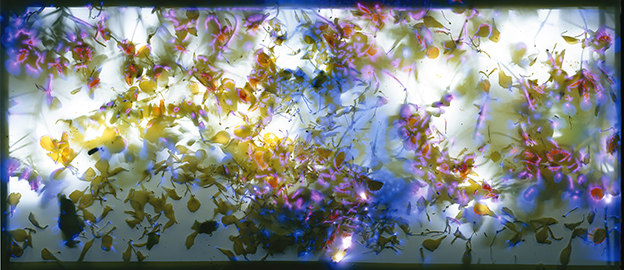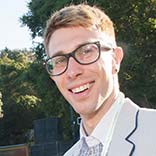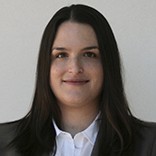Why is it that Lyme disease is so little understood, so hard to diagnose, and so frustratingly difficult to get treated? Such were the questions discussed last night at the first of the new Bay Area Lyme Foundation Speaker Series talks.

2014 Emerging Leader Award recipient Jerome Bouquet, PhD, UCSF, began the program with a compelling overview of the history of Lyme disease and its pathology, highlighting some of the complicated attributes of the Lyme-causing spirochete and the manifestations of its infection. He touched on promising new technologies like the Tick Chip and the IBIS-developed Iridica, which use unbiased DNA amplification and multiplex assays with greater sensitivity (and more immediate results) than traditional methods. He also described promising developments in transcriptomics that have illustrated the lingering effects of the disease up to six months after treatment, and
recipient Jerome Bouquet, PhD, UCSF, began the program with a compelling overview of the history of Lyme disease and its pathology, highlighting some of the complicated attributes of the Lyme-causing spirochete and the manifestations of its infection. He touched on promising new technologies like the Tick Chip and the IBIS-developed Iridica, which use unbiased DNA amplification and multiplex assays with greater sensitivity (and more immediate results) than traditional methods. He also described promising developments in transcriptomics that have illustrated the lingering effects of the disease up to six months after treatment, and
